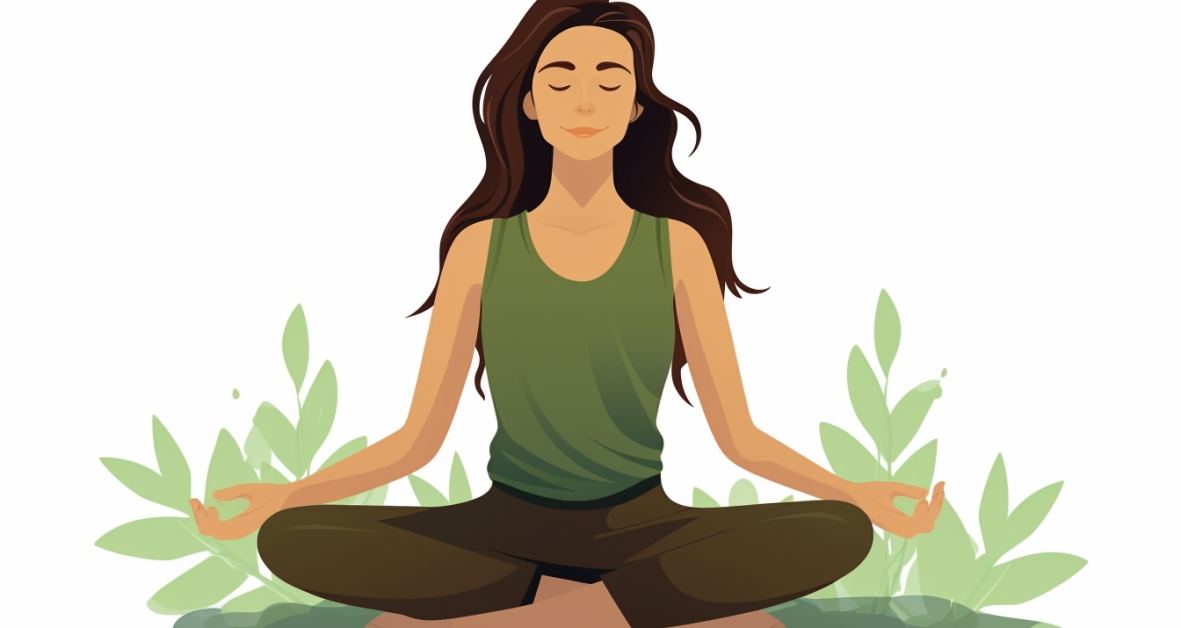
Body + Mind is reader-supported. We may earn an affiliate commission when you buy through some of the links on our site.
No one enjoys getting sick, but you may worry about it more than other people you know. Even when you wash your hands and take daily vitamins, you’re constantly monitoring how you feel. Not sleeping well, the occasional sneeze or a bubbly stomach can fill you with fear.
You’re not alone. Plenty of people are afraid of getting sick and don’t feel comfortable talking about it. It’s actually a phobia you can manage with a few new habits. Read on to discover how to handle your fear of getting sick so that you can live with less anxiety.
When your fear of getting sick makes you avoid seeing your friends or stay up late reading about rare illnesses online, you may have hypochondriasis. The medical community recognizes it as an anxiety disorder and confirms it through diagnosis.
People with this disorder may believe they have a life-threatening illness even if they show no real symptoms. It can happen once or frequently over your lifetime. Hypochondriasis can also form at any age, especially during adulthood.
Anxiety can sneak up on you because it presents in a variety of ways. People with hypochondriasis often experience these common symptoms:
Your anxiety may also appear differently. If you’re not sure if you experience these possible anxiety symptoms, start a journal. Write about how you feel throughout the day and reflect after 24 hours or even a week. You can use your entries to spot patterns or recurring behaviors to better understand your fear of getting sick.
After you learn how hypochondriasis presents itself in your thoughts, feelings and behaviors, you can learn to control it through relaxation techniques. Recognize your anxiety and practice these simple relief exercises to find which one works for you.
Anxiety can increase your heart rate and result in panicked breathing, so try deep breathing routines to reverse this symptom. Purposefully slowing each breath will settle your heart rate and help you think more clearly when you worry about your health.
Progressive muscle relaxation works alongside deep breathing because it tenses and relaxes muscle groups as you slow each breath. It requires you to focus your mind, which takes your attention away from what makes you panic.
Mindfulness is the act of grounding yourself in the current moment. It’s useful for anyone with anxiety because it requires you to redirect your attention and focus, like thinking about how the breeze feels on your skin or the grass under your bare feet. These tiny details will draw you out of an anxiety spiral and unwind your fear.
Sometimes hypochondriasis can accompany extreme anxiety and fear, so get professional help if you find that you can’t relax at home. Treatment like cognitive-behavioral therapy could be useful in overcoming your fear of getting sick. Try these solutions or get professional assistance so that you can live with less anxiety and more joy.
Updated on April 12, 2024
Your email address will only be used to send you our newsletter, and at any time you may unsubscribe. For more information, see our Privacy Policy.